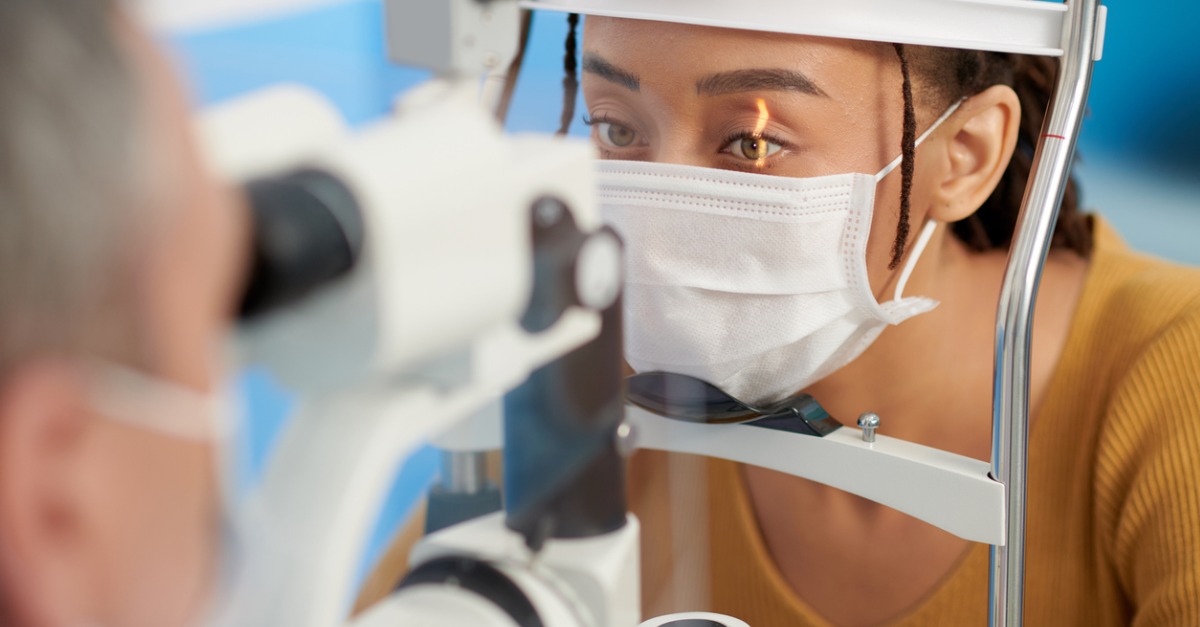With the new year, many of us focus on goals related to our personal health and wellness. If you’re equally inspired to prioritize your health this year, here’s one important area to focus on: your vision.
Although eye exams often go overlooked, they’re a major aspect of preventive wellness that you should prioritize getting annually. Here’s a closer look into the importance of the annual eye exam.
Eye Conditions Can Go Undetected
Many common eye conditions are initially undetected by people, as they often have no symptoms in their earliest stages. Only a comprehensive eye exam performed by an eye doctor can uncover signs of eye diseases before noticeable symptoms arise.
These comprehensive eye exams go far beyond having you read letters off a chart. In addition to performing a series of tests to assess your vision, pupil response, and eye muscles, your eye doctor will administer drops to dilate the pupil, the central opening in the iris. Pupil dilation allows your doctor to more thoroughly examine the inner structures of the eye, including the retina and optic nerve.
During this exam, your eye doctor can check for the following conditions related to vision loss:
- Glaucoma
- Cataracts
- Diabetic retinopathy
- Age-related macular degeneration
- It’s important to diagnose these eye conditions early, because treatment is key.
Eye Exams Say A Lot About Your Overall Health
Eye exams give your doctor insights into your overall health, as well. “Dilated eye exams allow us a window to view important blood vessels and nerves that have implications to one’s general health and wellness,” explains Dr. J. Michael Roach. “Changes to these important structures can alert us to other issues that may be taking place throughout the body.” For example, diabetes, high blood pressure, and autoimmune diseases are just a handful of the 270 serious conditions that may be identified by an eye doctor during your eye exam.
Your Vision May Have Changed
While noticeable blurriness may be an early sign of vision changes, it’s possible your vision may be shifting in non-obvious ways. You could also experience symptoms that may seem unrelated to your sight, but an eye doctor can detect. For example, if you notice more headaches or eye fatigue, you may need a new prescription for your glasses or contact lenses.
If a new prescription is needed, there are several elements of visual acuity testing that allow us to pinpoint the prescription that will be best for you. For example, doctors will switch lenses in a special device known as a phoropter, to pinpoint the clearest aid for your vision. Automated refractors use computerized machines to measure how light reflects off your retina, which also informs your prescription for glasses or contacts.
Prioritize your eye health for the new year by scheduling your annual eye exam with Eye Consultants of Atlanta. To request an appointment, call 404-351-2020, or fill out our online form.

